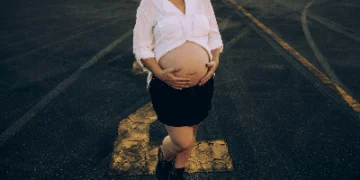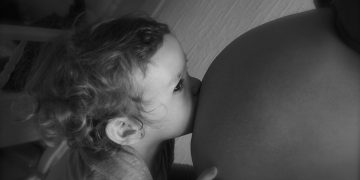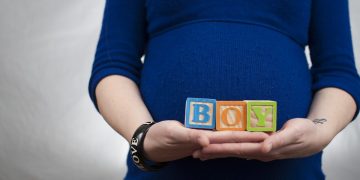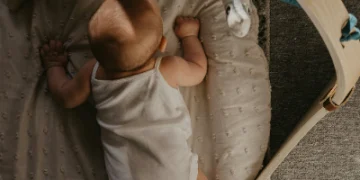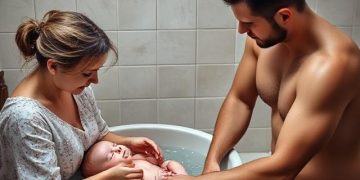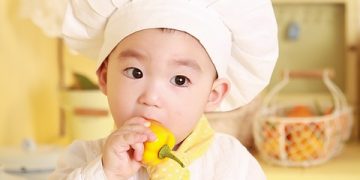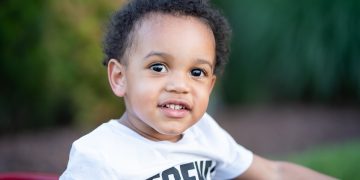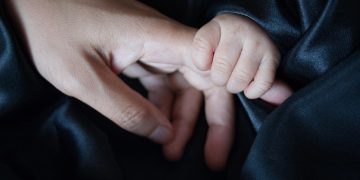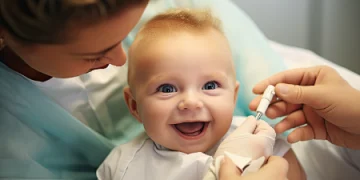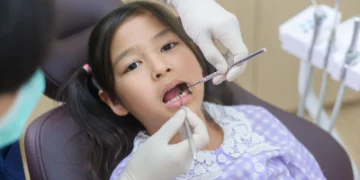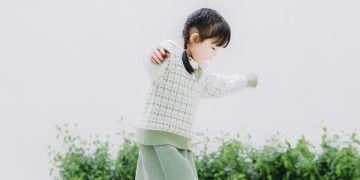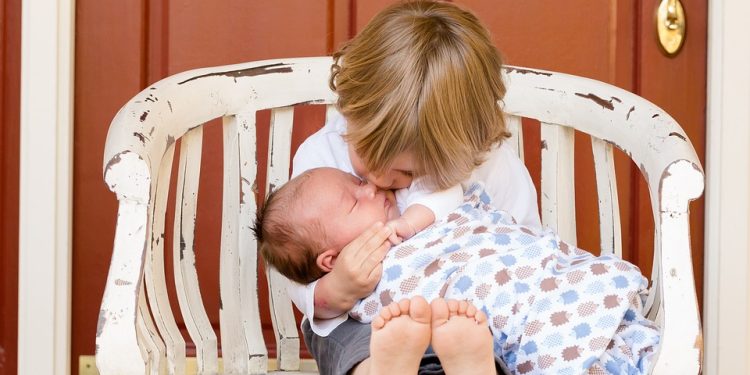When it comes to caring for your baby, oral hygiene is often overlooked. Many parents are unaware of the importance of maintaining good oral health for their little ones. However, establishing good oral hygiene habits from a young age is crucial for preventing dental problems in the future. In this guide, we will cover everything you need to know about baby oral hygiene, from when to start brushing your baby’s teeth to tips for making the process easier and more enjoyable.
When to Start
It’s never too early to start thinking about your baby’s oral hygiene. In fact, you should start cleaning your baby’s gums even before their first tooth emerges. You can use a soft, damp cloth or gauze to gently wipe your baby’s gums after feedings. This will help remove any bacteria or milk residue that can lead to tooth decay.
Once your baby’s first tooth emerges, usually around six months of age, it’s time to start using a toothbrush. You can use a soft-bristled toothbrush specifically designed for infants. Make sure to use a tiny amount of fluoride toothpaste, about the size of a grain of rice, to brush your baby’s teeth twice a day.
Choosing the Right Toothbrush
When choosing a toothbrush for your baby, look for one with soft bristles and a small head. The bristles should be gentle enough to clean your baby’s teeth without irritating their gums. Some toothbrushes also come with textured bristles or rubber bristles that can help massage your baby’s gums while cleaning their teeth.
You should also consider the handle of the toothbrush. Look for a toothbrush with a non-slip grip that is easy for you to hold onto while brushing your baby’s teeth. Some toothbrushes also come with a built-in tongue cleaner on the back of the head, which can help remove bacteria from your baby’s tongue.
Establishing a Routine
Consistency is key when it comes to baby oral hygiene. Establishing a daily routine will help make brushing your baby’s teeth a regular and enjoyable part of their day. Choose a time that works best for you and your baby, such as after breakfast and before bedtime, and stick to it.
Make brushing your baby’s teeth a fun and interactive experience. Sing a song or play a game while brushing to keep your baby engaged. You can also let your baby hold onto the toothbrush and mimic your movements to help them feel more involved in the process.
Dealing with Teething
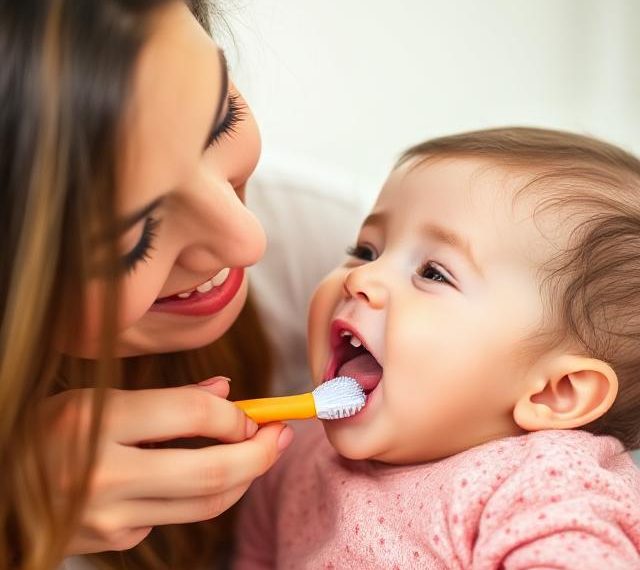
Teething can be a challenging time for both babies and parents. The discomfort and pain associated with teething can make it difficult to brush your baby’s teeth. If your baby is experiencing teething pain, try using a teething gel or a cold teething ring to help soothe their gums before brushing.
You can also try brushing your baby’s teeth during bath time when they are more relaxed and distracted. If your baby is particularly fussy during teething, be patient and gentle when brushing their teeth. Remember that teething is a temporary phase, and maintaining good oral hygiene is still important.
Visiting the Dentist
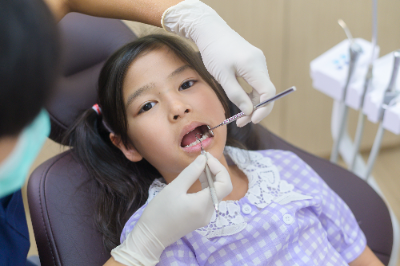
It’s recommended that you take your baby to their first dental visit by their first birthday. This will allow the dentist to check for any early signs of tooth decay or other dental problems. The dentist can also provide valuable advice on how to care for your baby’s teeth and gums at home.
During the dental visit, the dentist may also apply a fluoride varnish to your baby’s teeth to help strengthen their enamel and prevent cavities. The dentist can also demonstrate proper brushing techniques and recommend oral hygiene products that are safe and effective for your baby.
Common Questions
Here are some common questions parents have about baby oral hygiene:
Can I use fluoride toothpaste for my baby?
Yes, you can use fluoride toothpaste for your baby, but make sure to use a tiny amount, about the size of a grain of rice. Fluoride is important for preventing cavities and strengthening tooth enamel.
When should I start flossing my baby’s teeth?
You can start flossing your baby’s teeth as soon as they have two teeth that touch each other. Use a soft, flexible floss specifically designed for infants to gently clean between their teeth.
How do I know if my baby is getting enough fluoride?
Your dentist can provide guidance on how to ensure your baby is getting enough fluoride. If you live in an area with fluoridated water, your baby may already be getting enough fluoride through drinking water. If not, your dentist may recommend fluoride supplements.
Conclusion
Good oral hygiene is essential for your baby’s overall health and well-being. By establishing good oral hygiene habits from a young age, you can help prevent dental problems and ensure your baby’s smile stays bright and healthy. Remember to start cleaning your baby’s gums even before their first tooth emerges, choose the right toothbrush, establish a routine, and visit the dentist regularly. With proper care and attention, your baby’s oral health will flourish, setting them up for a lifetime of healthy smiles.
Follow these tips and tricks to ensure your baby’s oral hygiene is top-notch. Remember, a healthy smile starts early!

